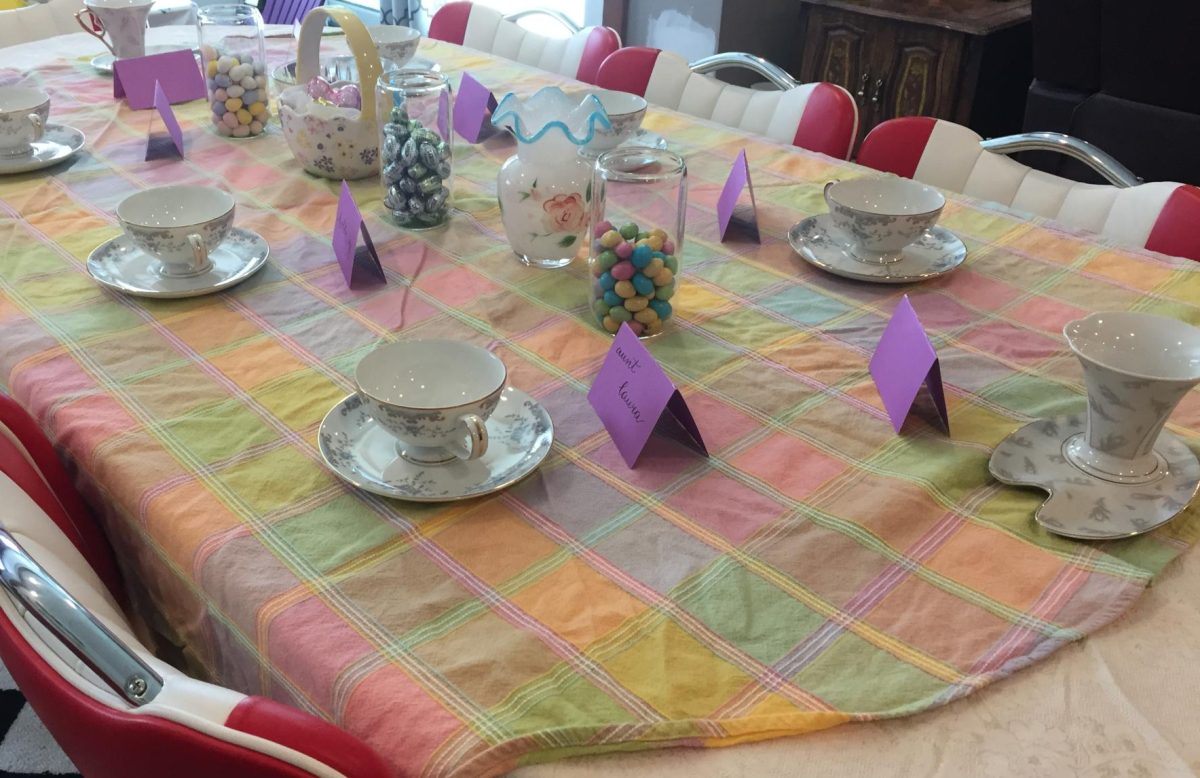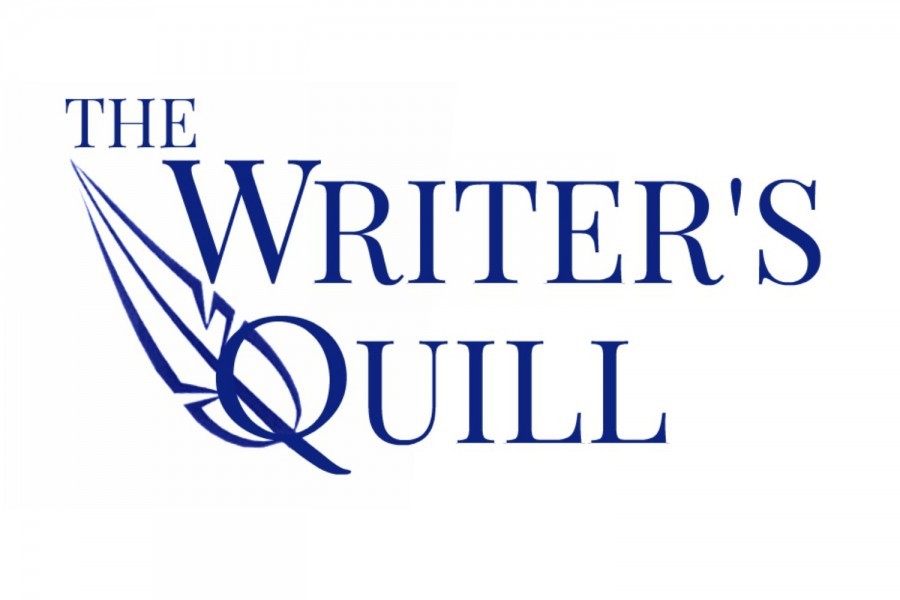Maria Collins is a 19-year-old 2022 graduate from Port Huron Michigan. From an early age, she began her musical career playing the harp and the piano, and from there it has grown immensely.
What instruments do you play?
I play the Piano, the concert harp, and the folk harp. I also play the organ. And I sing as well.
When did you start playing, and what was the first instrument you learned?
I started playing music when I was four. Not seriously, my mom is a musician so there were always instruments around that I’d play with. I started taking lessons with my mom when I was six for piano and harp.
What is your favorite instrument to play?
That’s really hard. I think I’d have to say the harp. It’s such a beautiful instrument, and it almost doesn’t matter what your skill level is because it sounds beautiful anyway. I love the piano and organ as well, but the piano is harder to play beautifully, and the organ can be overwhelming, but the harp is the most rewarding and I think it’s the most beautiful.
When did you start playing Masses?
The first Mass I played was when I was 15. I subbed for my mom while she was out of town at a conference, and from there I’ve gotten several subbing gigs. I played my first Latin Mass when I was 16, and it was a completely different experience.
What made you want to be a musician?
I grew up with music, my mom is a musician so I learned music from a very young age, and I was pretty good, I guess. I mean I wasn’t like a prodigy or anything but I was good. It kind of felt like there was an expectation from some people that I would be a musician. You know it was just a thing like, “Maria plays music,” but I wasn’t really interested in it at first. I liked playing and it was always kind of fun, but I wasn’t serious about it at all for a long time. But when I was 13 my mom got a job as a music director at a church, and I ended up kind of starting to sing there with her, and I got a little more involved.
That kind of propelled my interest in music, and then we went to a Colloquium when I was 14 that was put on by the Church Music Association of America. It’s basically a big music conference for all the church musicians. I mean it’s incredible, there’s like 200 people there and there are these massive choirs that sing for Mass every day, so you have these choirs of like 50 people singing chant and polyphony, and it’s just gorgeous. That was my first experience of seeing music on a grand scale like that. You know, before then it was just like music, whatever, but then to see really good, accomplished musicians and to hear that kind of music I totally fell in love with it. That was also the first time I heard the organ as a real instrument. Before then I’d just heard people at church sort of just slamming away at it in a very inartistic way, but that was the first time I’d heard it as the really grand instrument that it is.
So, I think I was totally sold then, and I really got interested in sacred music then, and organ, and singing as well, that was the first time I got interested in singing. It’s just kind of grown since then, like I remember coming back and telling my friend that I wanted to devote my life to music, and I was totally sold on it. That really began my interest in sacred music especially, but since then it’s kind of grown. I’ve gotten more interested in the harp and secular classical music as well.
Overall, I think the Colloquium was what sparked my interest, but it’s definitely grown since then.
What are some struggles or challenges you’ve faced throughout your musical career?
Well, definitely discouragement, just in general. You know, like thinking that I’m never going to progress, which is stupid, but it’ll actually cause me to not practice, and that’s ridiculous because that’s the only way to get better. There can just be this overwhelming discouragement sometimes, especially when I start to compare myself to others, that’s a huge one. Especially since musicians can be snobs, so you meet a snobby musician
The self-doubt and discouragement is definitely real, and it’s hard to get over that, but once I do I realize how pointless it is.Another struggle is performance anxiety. Sometimes it gets so bad that when I’m preparing to play or sing or something I’ll be sitting there thinking that I’ll never do it again, and that I can’t get through it. I guess just getting over those things is a struggle on its own, but those are some of the biggest challenges I’ve faced.
Who are some of your inspirational figures?
That’s actually really hard because many famous musicians are not to be emulated. Some of my favorite composers were not good people at all, but they were great musicians, so it’s hard to say whether they’re my inspiration or not. However, some of the people I’ve gotten to know from the Church Music Association of America are extremely inspiring, as well as the Colloquium faculty. They are very inspiring because they are brilliant and skilled musicians, but they are also very serious Catholics and have put their art in service of the church. And of course, my mother is an inspiration to me as she was my first teacher, along with all my other subsequent teachers.
Who are your favorite composers and musicians?
I love the Renaissance composers. Palestrina, of course, Victoria, Byrd. I also love Debussy and Britten. As far as musicians, Soprano Andrea Haines, Paul Fey who is an organist, and Marie-Claire Alain. She is an inspiration because she was a famous and successful organist, and organ is generally a male dominated area.








Ava E. • Jan 31, 2024 at 11:15 am
I love this interview, Phoebe!! Thanks for doing it! 🙂 Keep up the amazing work, Maria! You’re so gifted and you sound angelic, <3